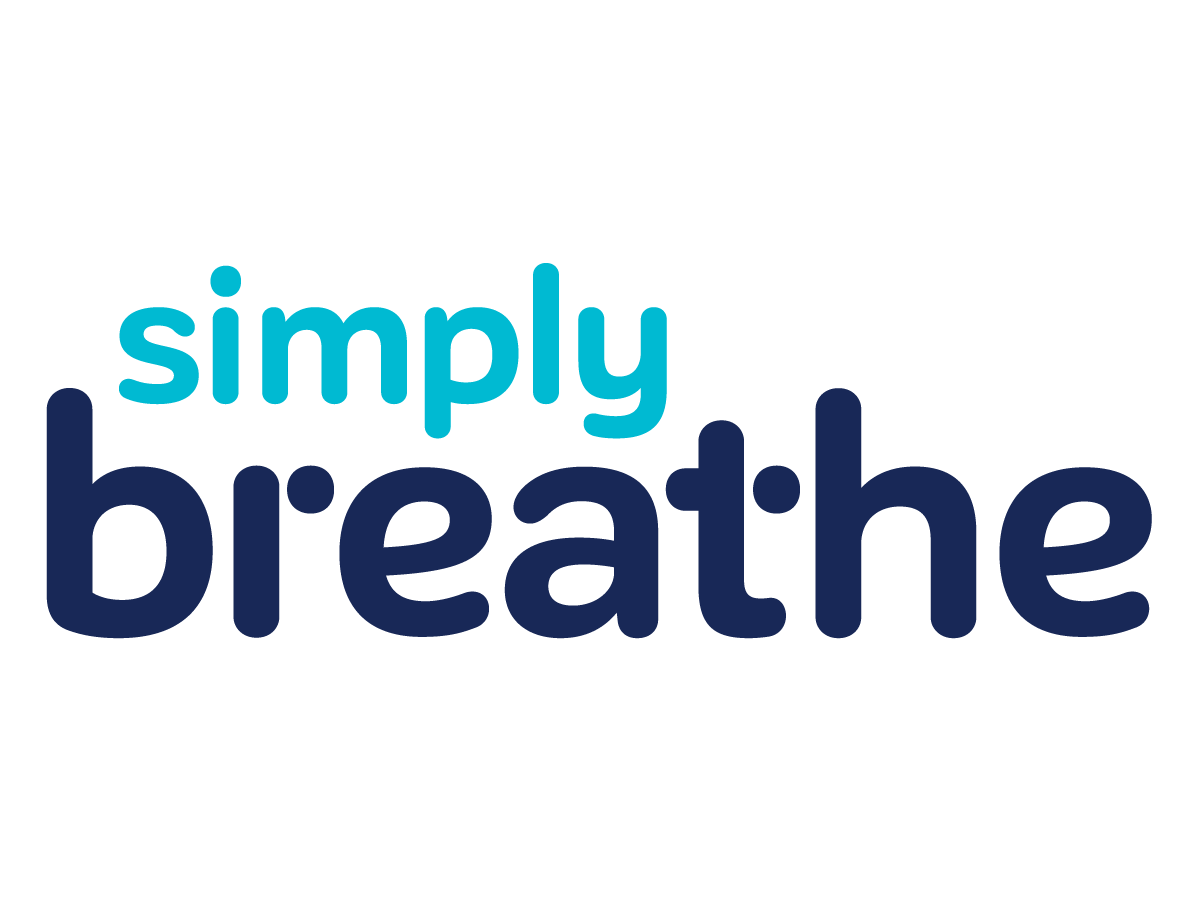Many people are surprised to learn that how they breathe affects everything from sleep quality to energy levels to long term health. An estimated 65 percent of people breathe with their mouth open during sleep, which means they miss out on one of the most powerful natural tools the body produces: nitric oxide.
Nitric oxide plays a significant role in cardiovascular health, oxygen efficiency, immune function, sleep, and overall performance. Nasal breathing can increase nitric oxide production up to six times more than mouth breathing, creating meaningful benefits throughout the body.
What Nitric Oxide Does for Your Body
Nitric oxide is produced in the paranasal sinuses and mixes with the air you inhale through your nose. Once it reaches the lungs, it improves blood flow, increases oxygen uptake, and supports the body’s natural defense systems.
Benefits supported by current research include:
- Improved oxygen absorption in the lungs
- Regulated blood pressure and better cardiovascular function
- Enhanced memory, learning, and mental clarity
- More stable inflammatory response
- Deeper, more restorative sleep
- Improved endurance and strength
- Healthier immune and gut function
- Reduced pain
- Lower risk of heart disease
- Support for anxiety and mood balance
Nasal breathing is the primary way to deliver meaningful levels of nitric oxide into the lungs. When the mouth is open, that system is bypassed entirely.
Nasal Breathing vs Mouth Breathing: Why It Matters
Nasal breathing does far more than move air. It filters and humidifies each inhale, supports optimal airway temperature, encourages proper diaphragm engagement, and slows the breath enough to improve oxygen extraction.
Mouth breathing, especially during sleep, works against these natural processes. Air enters cold and unfiltered, which increases irritation in the throat and lungs and reduces the body’s ability to absorb oxygen. It also eliminates nitric oxide delivery.
Over years in clinical and dental settings, long term mouth breathing has been linked to dry mouth, tooth decay, clenching and grinding, and poor development of facial and airway structures in children. These patterns can continue into adulthood and affect both oral health and breathing.
How Nitric Oxide Enhances Sleep, Health, and Performance
When nasal breathing becomes the default pattern, many people notice more energy, fewer nighttime wakeups, and easier morning breathing. Nitric oxide helps the lungs transfer oxygen more efficiently, which supports recovery and overall stamina.
For athletes and active individuals, nasal breathing can offer an advantage. Training with nasal breathing often leads to better endurance, smoother breath control, and less fatigue. Once the body adapts, many recreational athletes find they can maintain nasal breathing even at higher effort levels.
[Optional image placeholder] Alt text: Woman smiling at home after improving sleep quality through nasal breathing and mouth taping.
How Simply Breathe Supports This Shift
Moving from mouth breathing to nasal breathing, especially at night, can take practice. Simply Breathe mouth tape provides gentle support that helps keep the lips closed so the body can stay in a nasal breathing pattern during sleep.
With consistent use, many people report:
- Less snoring and fewer nighttime disruptions
- Better heart rate variability and a calmer nervous system
- Improved mental clarity and concentration the next day
- Less airway irritation and fewer flare ups in sensitive airways
- Lower perceived stress and smoother daily energy
With more than 40 years in dentistry, our founder has seen the impact of mouth breathing on oral health, jaw development, and airway function. Simply Breathe mouth tape was created as an easy, comfortable solution to support nasal breathing and the body’s natural production of nitric oxide.
Beginning the Transition
Awareness is the first step. When you understand how much nitric oxide supports your cardiovascular, respiratory, and immune systems, nasal breathing becomes a meaningful habit to build. With gentle support from Simply Breathe mouth tape, maintaining this pattern overnight becomes easier and more consistent.
If you have ever woken up with a dry mouth, sore throat, or foggy focus, your nighttime breathing pattern may be part of the reason. Supporting nasal breathing is a simple way to begin improving sleep quality, energy, and long term health.
Ready to try nasal breathing support at night? Try Simply Breathe mouth tape now.
References
- McKeown, Patrick. "How to Breathe While Running." Oxygen Advantage.
- Nestor, James. "The Benefits of Mouth Taping for Sleep." WHOOP, July 24, 2023.
- Simply Breathe Brand Questions to guide mission and value conversations. October 29, 2024.
- "Does mouth taping for sleep actually work? We asked healthcare experts." CNN Underscored, March 5, 2024.
- "The Science of Mouth Taping." Amerisleep.
- Ask the Dentist. "Every night, after my wife and I say goodnight, I reach for a roll of mouth tape in the drawer of my bedside table."
- Nicolò, A., Gruet, M., Sacchetti, M. "Breathing in sport and exercise: physiology, pathophysiology and applications." Frontiers in Physiology, 2023.




